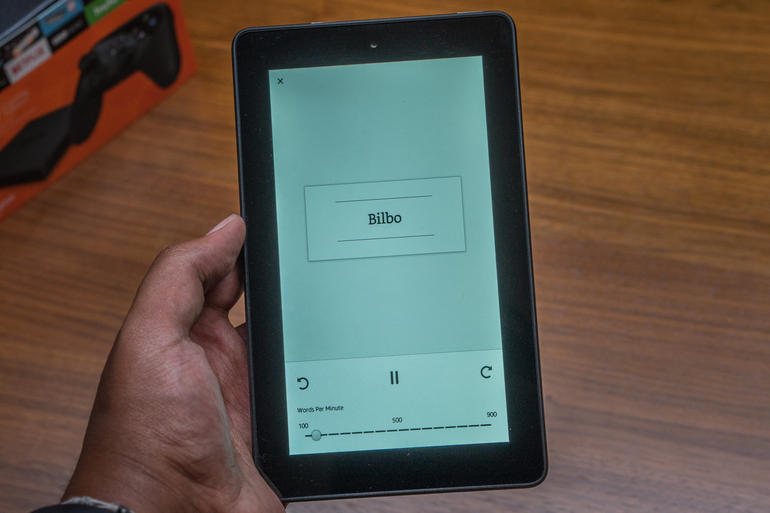Trajectory Picks Up Where Booklamp Left Off
![30178-1[1]](https://the-digital-reader.com/wp-content/uploads/2015/01/30178-11-150x150.jpg)
Cal Reid reports that Trajectory is developing a familiar sounding discovery engine:
. Using networked computers, the Trajectory NLPE scans the text of thousands of books, turning each sentence and its components into language data patterns that can be analyzed and extracted. The NLPE charts more than 30 “attributes” in the text of a book, including length, chapter, pace, intensity, mood, word type, and reader age. Using this data the NLPE can identify other scanned books that share similar attributes and language patterns.
Rather than comparing a book buyer’s purchases for book recommendations—like Amazon and most other online retailers—Trajectory’s technology analyzes and reveals the linguistic structure inherent in the text of a book. The Trajectory NLPE can also capture the emotional content, or “flow of sentiment,” inherent in a book by tracking the occurrence of keywords. The NLPE, Bryant said, can extract a “fingerprint” or a “personality,” from the text that can be used to compare one book to another.
If you think that sounds an awful lot like what Booklamp was doing before it was snatched up by Apple last year, congratulations. You just made a connection which Cal Reid and Porter Anderson both missed.
If you’re not familiar with the name, Booklamp was a quiet little ebook startup which had been working since 2008 on what it called the "book genome project". As I explained it when I covered the acquisition:
Booklamp had developed algorithms which analyzed a book’s structure, pacing, word use, viewpoint, action, dialog, description, perspective, genre, and other details in order to identify a book’s DNA, as it were.
At this point I don’t know how similar the tech is, but clearly the two startups are working from similar ideas in the same general area.
And that raises a few questions, including how Trajectory plans to succeed where Booklamp failed. The latter company sold out to Apple in part because it was a better deal than trying to survive as a digital publishing startup.
Of course, Trajectory might actually benefit from Booklamp’s spectacular exit; now that the idea of this kind of a discovery engine is well-known, Trajectory should find it easier to sign new customers.
If nothing else, trajectory has better looking graphs:
But I could be getting ahead of myself; Trajectory has the feel of a relatively young company:
So far Trajectory has scanned about 30,000 titles, including the HarperCollins catalog (Trajectory acquired the assets of the now-defunct startup Small Demons, which included access to Harper’s e-book catalog) and about 1,000 public domain classics.
According to the LinkedIn profile of Richard Nash, one of the senior folks at Small Demons, the Trajectory deal went down in early 2014.
I’ll have more to report when I get a chance to speak to Trajectory next week.



Comments
Felipe Adan Lerma February 1, 2015 um 9:16 am
Sometimes I don’t get to the newsletter for a day or more, am glad I kept this one to glance at later.
For me, the nice thing about what Trajectory is doing is, the idea of the resurgence of discovery via content, even if supplementing sales driven discovery, is hopeful in strange totally unclear ways as of yet.
B&N Pulls Old Nook Hardware from Stores, Yanks all Nook Hardware Out of One Store ⋆ Ink, Bits, & Pixels February 2, 2015 um 10:00 pm
[…] old Nook hardware from its shelves. Store-level sources inside B&N have told me, and a reader has confirmed, that B&N has had store personnel box up their remaining stock of the older Nook hardware and […]